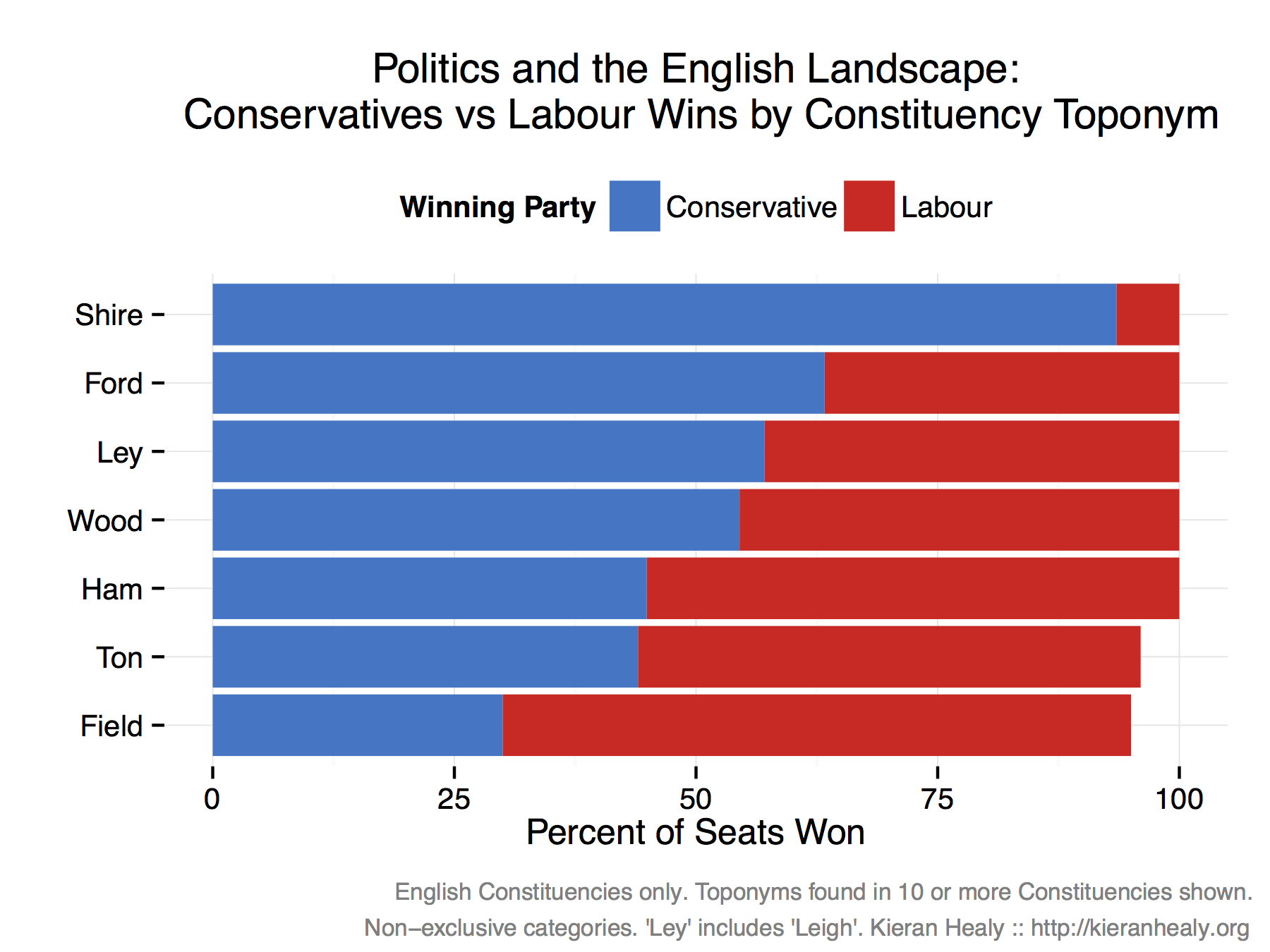One of the stupidest things I have done in life was not taking my dad up on his suggestion, when I was 18, that I go and spend some time living with his friend, hero, and mentor, Harry Ree, and act a sort of secretary for him. As a result, I never met Harry. Harry was an academic education scholar, of the very progressive variety who, later in his career (well, he was only slightly older than I am now) quit professoring, and went to teach in a comprehensive school. I knew, even then, that the regard in which my dad held him meant he was really, really, something, and it was only a combination of shyness, social awkwardness, and the general low-level depression that plagued me for much of my youth and early adulthood, that stopped me taking up my dad’s suggestion. I think about it now, reasonably often, having played the sort of role in younger people’s lives that dad would have liked Harry to play in mine. Idiotic really.
Until recently I assumed that Harry was, at that time, still bound by the Official Secrets Act, so I wouldn’t have learned much about his wartime activities. Not so! He, in fact, starred in School For Danger (aka Now It Can Be Told (youtube has the date wrong)). He began the war as a conscientious objector but then spent most of 1943 in occupied France, working for the SOE aiding the Resistance. Last year was the hundredth anniversary of his birth, and at a celebration held at the Institute of Education my dad got hold of this, amazing, broadcast. I tried to put it up last week for the anniversary of VE Day, but the file was too large for CT and I only just figured out how to put it somewhere else – and anyway, there was a lot of other, less welcome, stuff going on that day. I think the BBC probably hold the copyright, so if they request me to I’ll take it down (but please, if you’re from the BBC, don’t ask me to take it down). It’s a tribute to the ordinary French people who lived, and those who died, fighting the Nazis in the small and large ways they could. It’s also a tribute to the men and women of SOE. I don’t know how difficult it is to give your life for a valuable cause. But I am pretty sure that, however difficult that is, it is even more difficult to live every minute knowing that you, and those who are risking their lives just by not turning you in, might be captured, tortured, and killed, any minute. It is 15 minutes of beautiful, inspiring, intensely sad, poetry. Everyone in who understands English should listen to it. Humbling.

